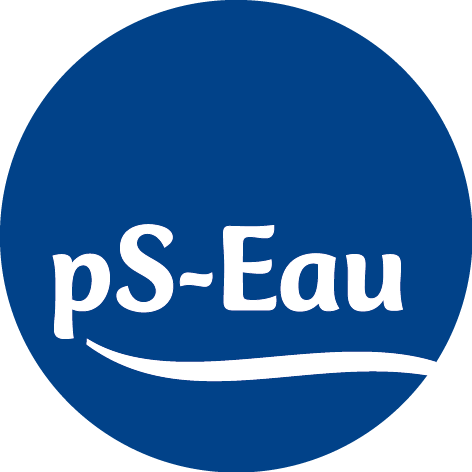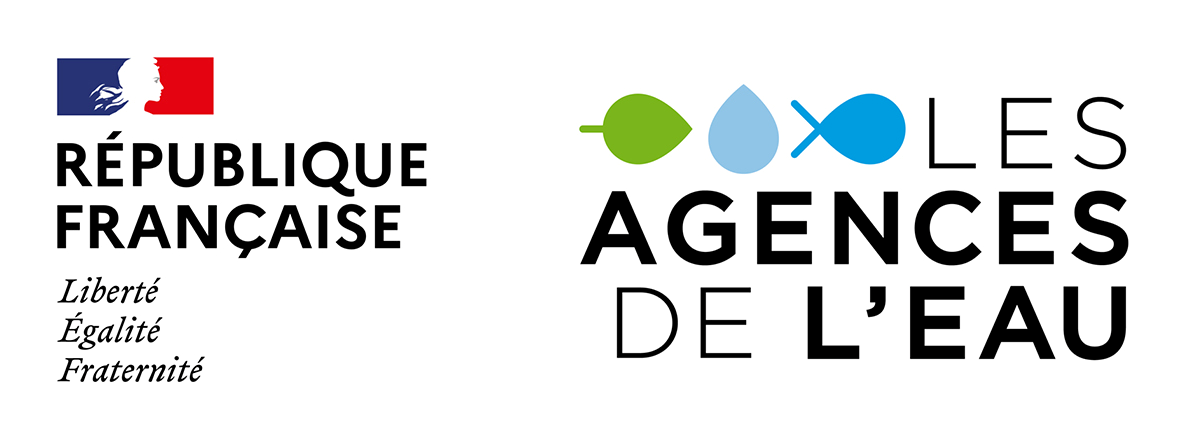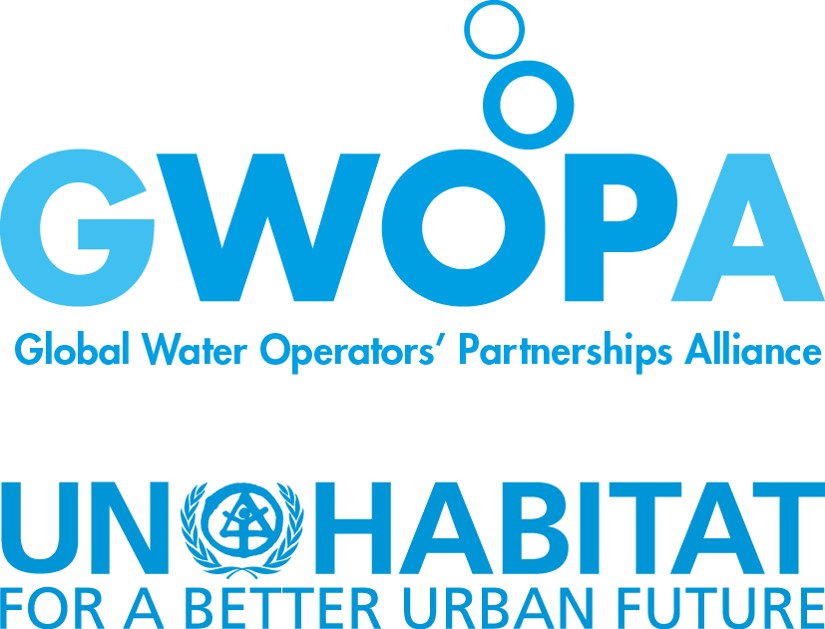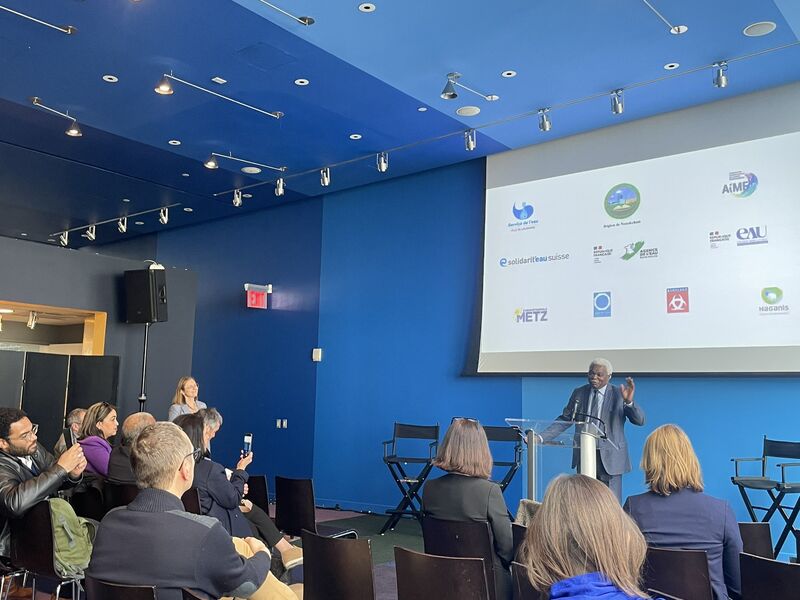UN Water Conference 2023

From 22 to 25 March 2023, the United Nations Water Conference was held in New York. The previous UN conference on water issues dates back to 1977. This meeting was therefore of great importance and provided an historic opportunity to promote the necessary changes in global water governance.
https://sdgs.un.org/conferences/water2023
Side event
"Citizens and Local elected representatives involved in North-South Solidarity based on resources from water bill"
21 March 2023, New York





In order to implement the objectives of the Water Decade and of SDG 6, actions need to be taken at national and local levels. Complementing the role of multilateral and bilateral organisation, which are mainly focused on national level, local authorities in relation to their partners also have a crucial role to play at the local level.
In this context, partnerships have already existed for many years between local authorities from North and South, involving other local stakeholders from on both sides, to develop and improve water and sanitation services.
Each country has its own institutional framework and can develop an appropriated approach. For example, some European countries have developed solidarity approach, whereby 1% of the resources of water and sanitation services can be used to support international solidarity actions: France since 2005, through an approach based on the local authorities responsible of the water and sanitation services, and water basin agencies; Netherland, through their Water Company and German cities have also developed such approach.
Such partnerships enable different types of actions to be carried out in the field of Water supply and sanitation that meet the expectations and needs expressed by the beneficiary local authority. A major interest of these approaches is also to have a reciprocity for both parties, in terms of relationship, dialogue between citizens, etc.
Such approach can inspire other countries. The side-event provided an opportunity to better understand and learn from these approaches, with a view to encouraging other countries and local authorities to develop similar approaches.
Presenters:
- André Viola, local elected official and member of the Adour-Garonne Water Basin Committee (France)
- Jean-Pierre Elong Mbassi, Secretary general of Cities and Local Government – Africa
- Julie Marechal Perkins, GWOPA (Global Water Operator Partnership Alliance)
- Saleck Moulaye (Region of Nouakchott, Mauritania) and Dorothée Spuhler (EAWAG/SANDEC, Switzerland) who presented the Solidarit'Eau Suisse mechanism and how the Nouakchoot region benefits from it within the framework of cooperation with Lausanne.
Key issues discussed:
- The mechanisms allowing local authorities and water utilities to mobilize financial means (1% of their resources) to support international solidarity actions in the field of water and sanitation.
- The interest for the citizens using a water service to understand the importance of such solidarity to which they contribute via their water bill
- The interest of the direct collaboration between local authorities and water and sanitation services mobilizing their own competences but also associating the other stakeholders of their respective territories
- The impact of the water basin agencies in supporting such international solidarity in the field ow water and sanitation
- The leverage effect of other funds for these solidarity actions carried out by local authorities
- The benefits of these partnerships for the recipient communities.
- Solidarity to be implemented also between towns and cities in the South
Key recommendations for action:
- Increase the mobilisation in solidarity for water and sanitation services of local authorities and utilities from any countries
- Associate the mobilization of 1% of the water and sanitation budgets mobilised by partner local authorities with the allocation of 1% of their water and sanitation budget by the beneficiary local authorities
- Encourage the 1% approach also between territories in Africa
- Mobilize the diasporas, which are often the source of mobilization of local authorities for international solidarity
- Articulate international solidarity actions in response to strategies and action plans defined by local actors (local authorities, users, formal and informal service operators, and other stakeholders in the territory under consideration)
- Strengthen peer-to-peer collaborations between North/South and South/South water utilities
- Learn from and share the lessons of the solidarity practices and peer-to-peer collaborations implemented
For more information:
le-jalle@pseau.org
Action included in the Water Action Agenda linked to this session: Promote cooperation between Northern and Southern local authorities, in particular through decentralized cooperation, and South/South cooperation to develop access to water and sanitation and achieve SDG6




































